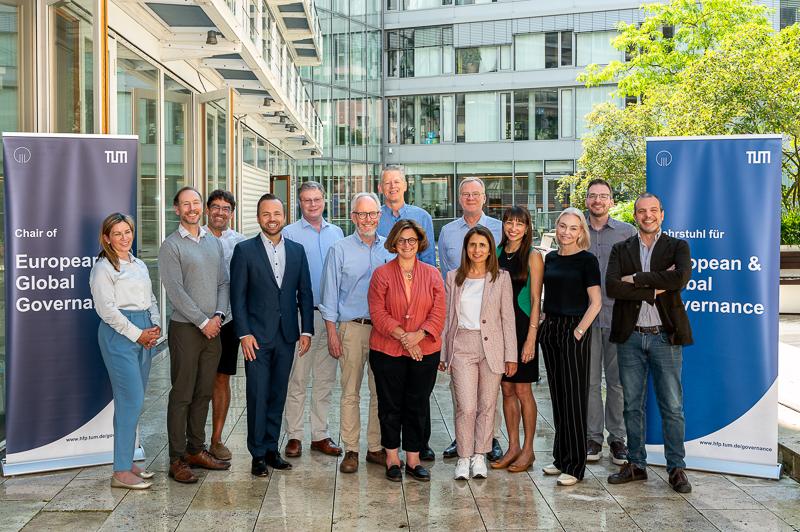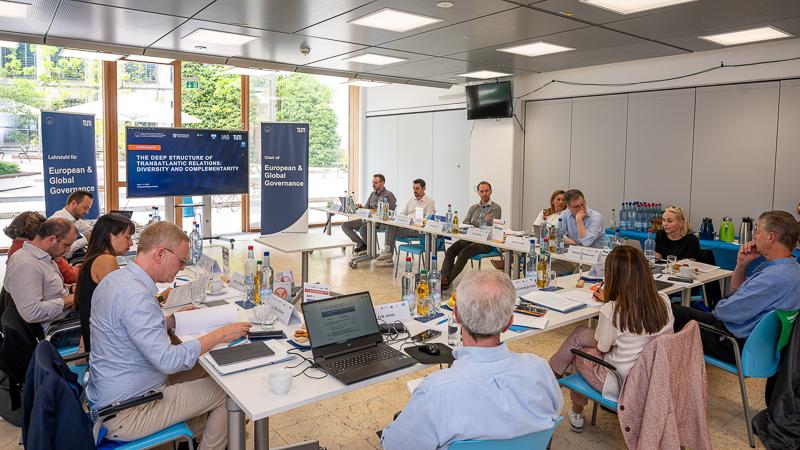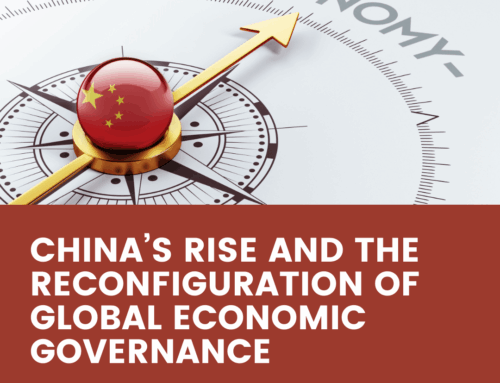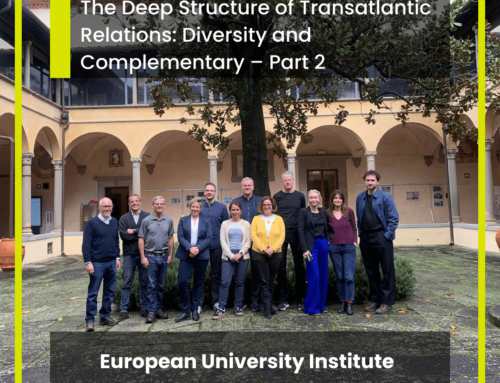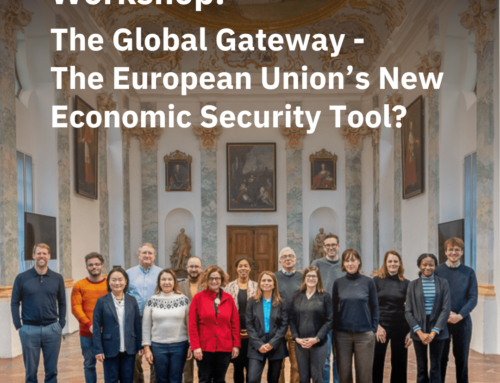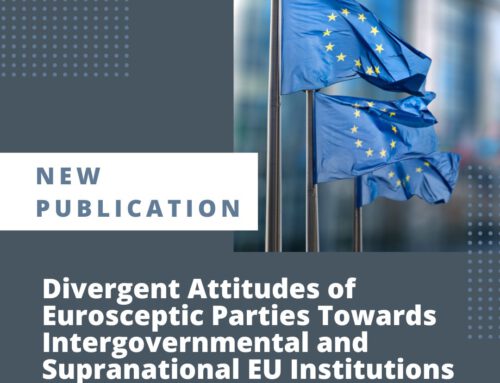At the invitation of the Chair for European and Global Governance, scholars from leading global institutions gathered at the Technical University of Munich (TUM) to delve into the complexities of transatlantic relations in a workshop titled “The Deep Structure of Transatlantic Relations – Diversity and Complementarity.” The workshop, organized by TUM’s Chair of European and Global Governance in collaboration with the Lichtenstein Institute on Self-Determination at Princeton University and the Robert Schuman Centre at the European University Institute Florence, addressed the backdrop of over five centuries of Euro-American dominance, focusing on how their partnership has remained a bedrock of global stability. Yet, as the influence of these powers wanes with the “rise of the rest,” decision-makers on both sides of the Atlantic are re-evaluating their strategies. This reassessment has been marked by efforts to counter China’s growing influence through initiatives like the EU’s Global Gateway strategy and the G7’s Partnership for Global Infrastructure and Investment. Researchers presented papers on a wide array of topics, including “Sequencing Economic Security: The Self-Reinforcing Dynamics of Geoeconomic Cascade,” “Variation in the Depth of Transatlantic Policy Coordination on Global Development Financing and AI Regulation,” “Who Can you Count on When the Chips are Down? Transatlantic Cooperation when Confronting China.” These presentations underscored the importance of transatlantic cooperation in areas such as technology, internal markets, far-right politics, trade, economic security, and climate policy. Notable institutions represented at the workshop included Princeton University, Northeastern University, University of London, European University Institute, Norwegian Institute of Foreign Affairs, University of Oregon, Ruhr University Bochum, and Georgia Institute of Technology. One of the key outcomes of the workshop was the decision to form a study group dedicated to further investigating the nuances of transatlantic cooperation. This initiative aims to produce data-driven policy recommendations to enhance collaboration between Europe and North America. Additionally, the momentum generated at TUM will continue with follow-up workshops scheduled at the European University Institute and Princeton University next year. As the world navigates an era of shifting power dynamics, the insights and collaborations fostered at this workshop will be crucial for sustaining and revitalizing the transatlantic partnership, ensuring it remains a cornerstone of global stability and cooperation. The Chair of European and Global Governance and the TUM Institute for Advanced Study sponsored the workshop.
